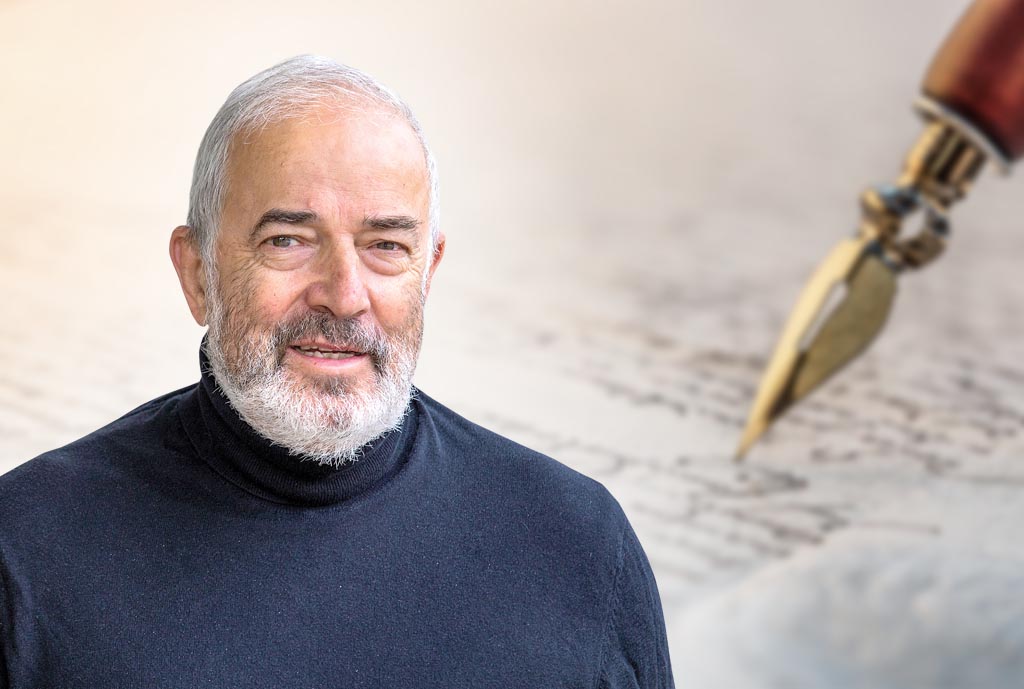By: Mag. Igor Omerza, economist, independence fighter, researcher of the UDBA archives, writer
The government’s cancellation of the Museum of Slovenian Independence is a severe blow to those who fought for independence ideally (Lambert Ehrlich, Ciril Žebot, France Dolinar, Mirko Javornik, Ruda Jurčec, Janez Toplišek – he also tried to fight with weapons, Franc Jeza , Branko Pistivšek, Franc Miklavčič, etc.) as well as operational-political-military-diplomatic-medially (spouses Hribar, France Bučar, Lojze Peterle, Dimitrij Rupel, Igor Bavčar, Janez Janša, Jože Pučnik, Niko Grafenauer, Jelko Kacin, etc.). Of course, we must not forget all those who risked or even lost their lives in the war for Slovenia.
Along with this cancellation, the government also used underhanded tactics to get rid of the professionally impeccable director of the Museum of Modern History (MNZ), Jože Dežman. If they already wanted to get rid of the “independence” museum, they would have simply annexed it to the MNZ, but then they would not have gotten rid of Jože at the same time. And so, we got a new cultural institution with the unusual name of the Museum of Modern and Contemporary History of Slovenia. “Independence” has miraculously disappeared!
However, this cancellation is inextricably linked to the government’s military honouring of the deceased Janez Zemljarič. This shows us that it is a deliberate government policy to denigrate independence, as Zemljarič was not only an international state terrorist during the period when he led the Udba (from 1974 to 1980; first as the head of the Udba and then as the Minister of the Interior), but he persecuted at home and abroad any advocacy for an independent Slovenian state with the secret political police of the Slovene communist elite. I would like to cite two examples.
Franc Jeza, a Christian socialist, a member of the Liberation Front, fled to Trieste after the war because of his disagreement with the murderous Stalinist government, where he “fanatically” advocated for an independent Slovenia. When Udba was headed by Zemljarič, they stalked him at every step, because our secret policemen walked around Trieste and its surroundings as if they were in Ljubljana. In 1963, so we cannot blame this on Zemljarič, Udba even tried to kidnap him, but the operation, as the secret police themselves wrote in their annual report, “due to the morbid persecution of Jeza Franc, who was afraid to come to a certain place”, failed.
Another example. Judge in Ljubljana, partisan and Christian socialist Franc Miklavčič, supporter of Edvard Kocbek, published an article in Pahor’s Bay of Trieste in December 1975 in which he defended Kocbek and his Trieste testimony about the post-war massacre of home guards. He published the article under a pseudonym, naively thinking that he would hide from Zemljarič’s Udba. It was reckoning without one’s host, and Udba arrested him and also found his private diaries, in which he described in detail the independent Slovenian state. Because of this, he got an additional serving of prison! Even the Gestapo could not use private notes as evidence in Nazi courts!
Such a government policy of abolishing the “independence” museum and worshiping the anti-independence leader Zemljarič destroys the very foundations of the country and disgraces the wonderful and miraculous period when we Slovenians elected a nation state and became a nation with international recognition. Today we are politically and economically safely under the wing of democratic Europe and militarily under the mighty NATO alliance, but who knows what will happen in 50 or 100 years. Countries arise and fall, and it really does not make any sense for the Slovenian government to shake the foundations of the country it temporarily administers, thus worsening the chances for its survival and development on this uncertain planet.
The silence of Nataša Pirc Musar, the supreme military commander, who did not come forward to honour the great anti-independence fighter Janez Zemljarič, is also painful. In any case, it would be wise for the government not to divide in these difficult times, but to try to unite, because that way it would be easier for it to rule. Well, what the “rulers” have done in these few months of government shows that, unfortunately, they have already irreversibly stepped on a completely unnecessary and pointless and harmful path of Slovenian civic division.

